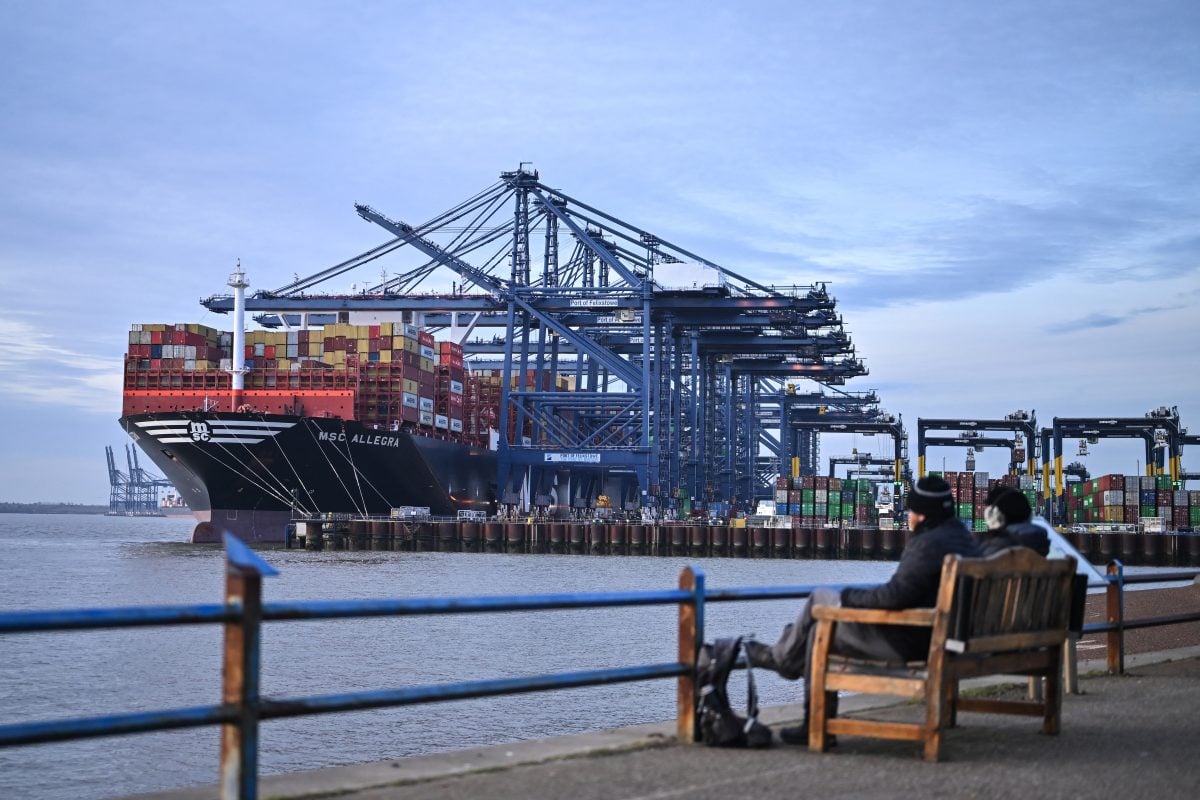The UK government has announced new measures intended to simplify imports from Africa and make it easier for UK businesses to conduct trade with counterparts across the continent.
The government has amended the Developing Countries Trading Scheme which outlines the framework for most trade with Africa, with the central reform concerning simplifying so-called “rules of origin”. Previously, businesses in countries eligible for tariff-free exports to the UK, such as Nigeria, had to prove their goods did not include components from other non-eligible countries.
This requirement has now been abolished, however, in a move which the government argues will make it easier for African businesses to trade with the UK, open up new opportunities for UK firms to invest in fast-growing African economies, and reduce prices for British consumers.
Jenny Chapman, the UK’s minister for international development, says that “the world is changing. Countries in the Global South want a different relationship with the UK as a trading partner and investor, not as a donor.”
“These new rules will make it easier for developing countries to trade more closely with the UK. This is good for their economies and for UK consumers and businesses.”
Terser Adamu, an international trade adviser and director of growth and strategy at the ETK Group consultancy firm, tells African Business that “the UK’s reforms to the Developing Countries Trading Scheme, particularly the simplification of rules of origin, are a promising step towards making UK-Africa trade more accessible and efficient.”
“By reducing bureaucratic barriers, these changes have the potential to unlock greater export opportunities for African businesses and support more diversified trade relationships,” he adds.
UK’s diplomatic offensive
The move comes at a time when the UK government is attempting to demonstrate its seriousness to improving political and economic relations with Africa, partly as a way to achieve its central mission of generating higher economic growth in the UK.
The Mayor of London, Sadiq Khan, visited Nigeria, Ghana, and South Africa this week to try and encourage greater trade flows between the capital and Africa. Meanwhile, the central government has unveiled a new ‘Africa Approach’ in a bid to build a new relationship with the continent “based on genuine partnerships and rooted in mutual respect”.
These new trading measures are also being implemented in the context of a deteriorating global trading environment for many African economies. The United States’ imposition of sweeping tariffs and the imminent expiry of its African Growth and Opportunity (AGOA), which provides preferential trade benefits to eligible sub-Saharan African nations, has significantly complicated the picture for African exporters.
The UK government has explicitly sought to emphasise the more liberal approach it is taking to trade with Africa. Mark Smithson, the UK Department for Business and Trade’s country director for Nigeria, noted that “up to 3,000 products from Nigeria qualify for low tariff or no tariff access to the UK through the Developing Countries Scheme – one of the most generous trading schemes in the world.”
That said, Adamu points out that, while the trade reforms are a promising step forward, more work is required to ensure the full benefits can be harnessed by both sides.
“Without clear communication, targeted capacity-building, and alignment with the on-the-ground realities faced by African exporters, the reforms risk being more symbolic than impactful,” Adamu says.
“If implemented effectively, they could drive a meaningful increase in trade volumes and deepen the UK’s commercial engagement across the continent. If not, they may fall short due to weak follow-through and limited uptake by SMEs that stand to benefit most.”
Want to continue reading? Subscribe today.
You've read all your free articles for this month! Subscribe now to enjoy full access to our content.
Digital Monthly
£8.00 / month
Receive full unlimited access to our articles, opinions, podcasts and more.
Digital Yearly
£70.00 / year
Our best value offer - save £26 and gain access to all of our digital content for an entire year!

 Sign in with Google
Sign in with Google 



